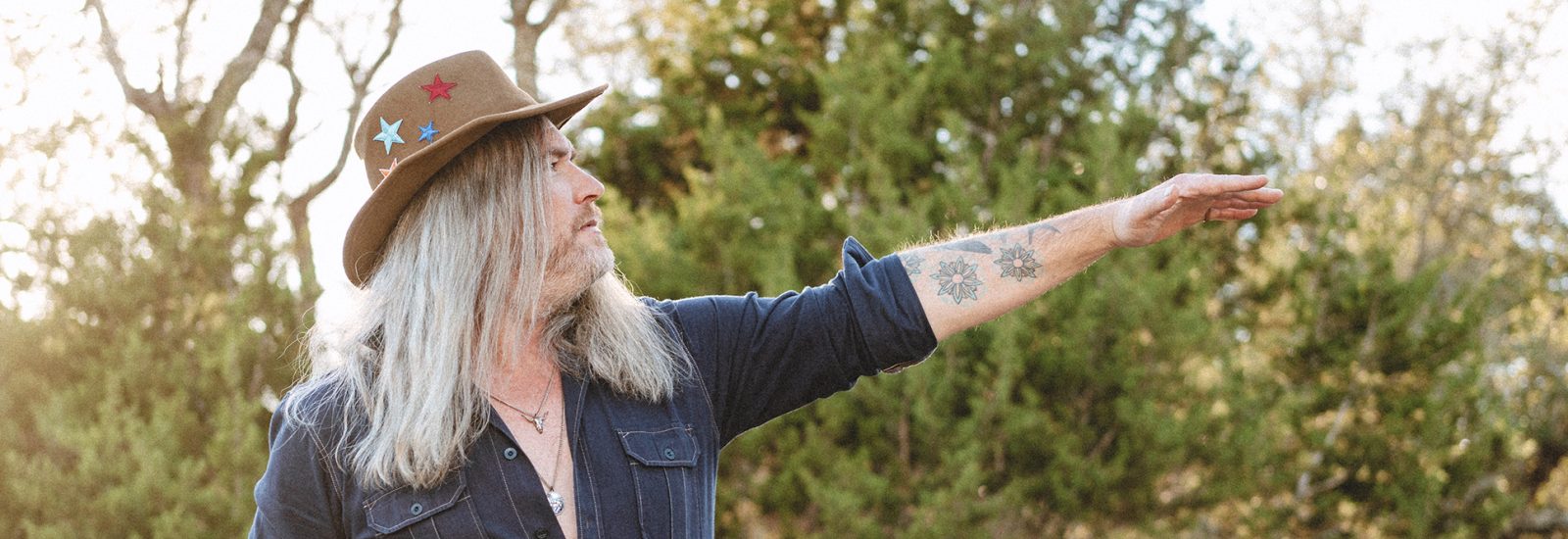
ISRAEL NASH
“The space is not about changing their lives or political views or their party ticket. It’s about creating something that prompts reflection in a moment––and those reflections have other chain reactions.”
Nash first generated attention more than a decade ago as a rock-and-roll torchbearer based in New York City. European audiences became his earliest devotees, and publications such as MOJO embraced him. Nash spent 6 years in New York, and while the time was formative, his deepest roots are not in crowded urban concrete, but in the sparse Midwest as the son of a pastor. Music grabbed him early, but school was a priority, so Nash went to college and ultimately earned his master’s in political science at the University of Missouri––all while fronting rock bands at night. The move to New York after graduation was exhilarating, then, as Nash and his wife began to crave the country, the two bought a little acreage in Dripping Springs, Texas, packed up, and dug in to what Nash now calls their “forever home.”
“I grew up in little churches that were in the middle of nowhere in Missouri, so having the woods and being outside has been part of me since I was a kid,” Nash says. “I also saw community––just this sense of people needing something, somebody, to look forward to. That was church for them, and that’s okay. I don’t really feel like there is just one right thing to look forward to. As a musician, I think that’s what I’ve found, too––something for people to look forward to, a reason to come together. No matter what changes in my career, that is my anchor: the need people have.”
Nash is often portrayed as a metaphysics-loving hippie, living off the land alone––and he is. But he is also a pragmatist with a master’s degree who needs time in the city and to be with people. Nash’s gentle insistence that he is all of these things––and more––is an important reminder for the rest of us: We all contain multitudes.
